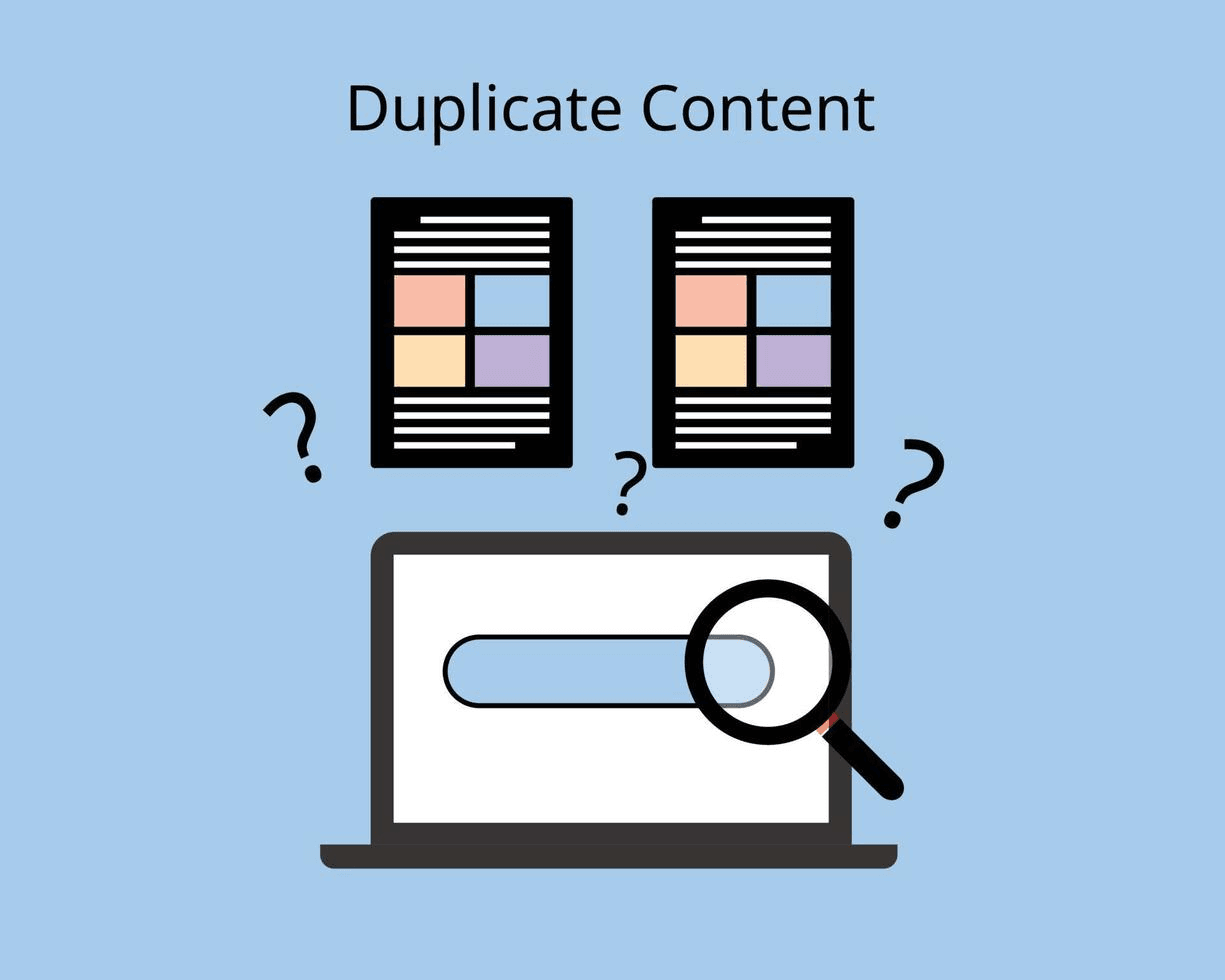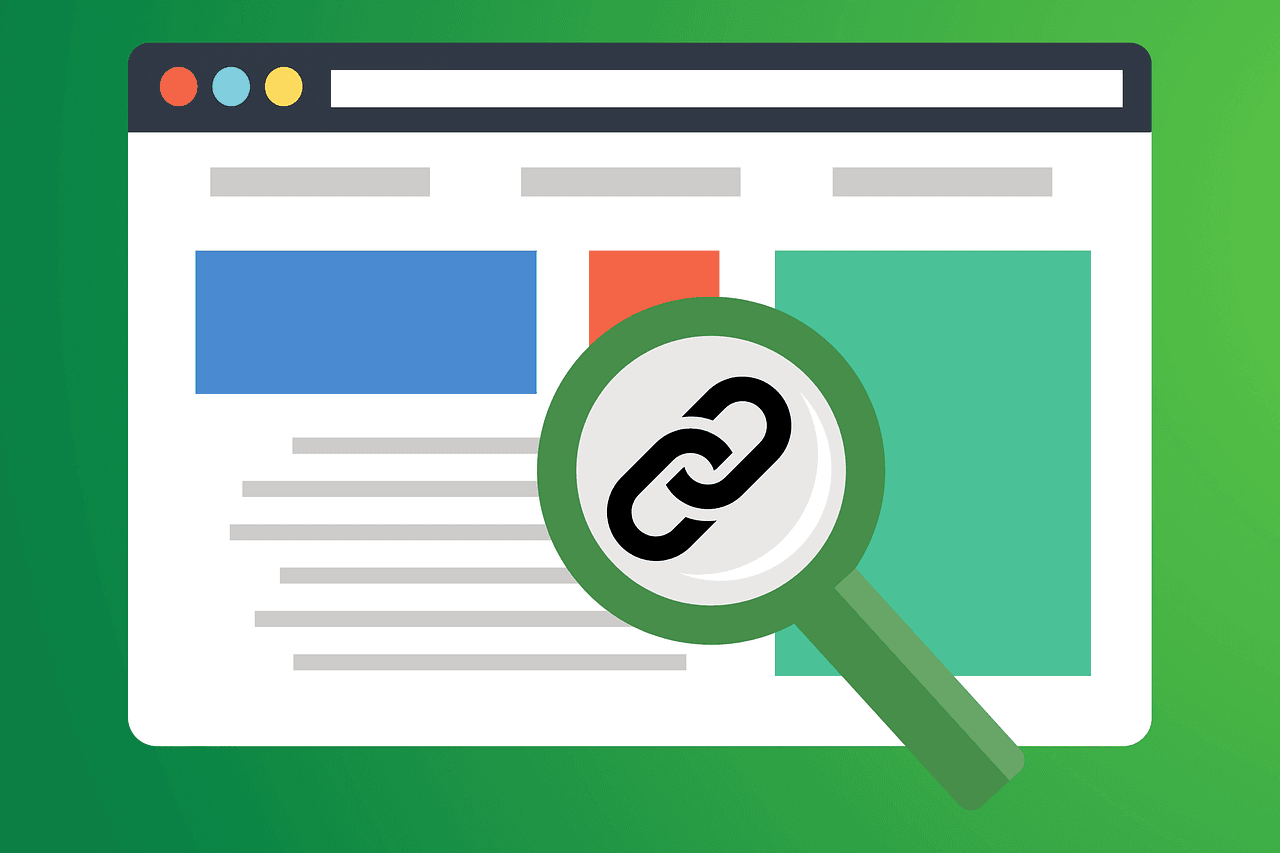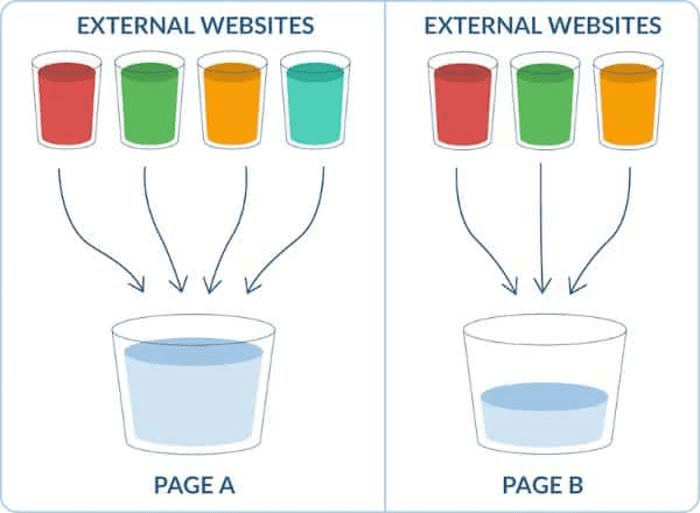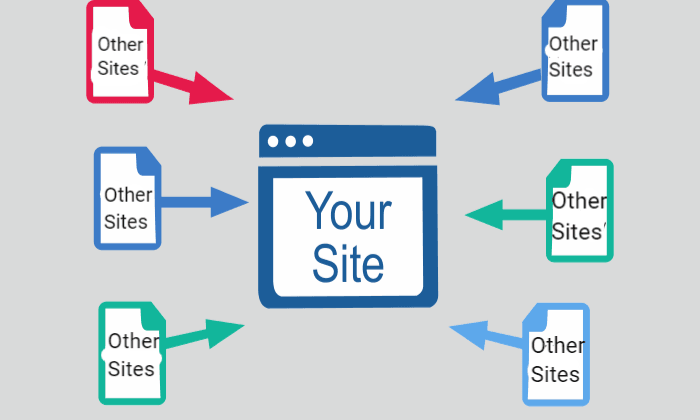Duplicate content in SEO refers to identical or very similar content appearing on multiple pages, which can impact search rankings. Understanding how to identify and fix it is crucial for improving SEO performance. Let’s delve into this topic together at Keyword Metrics.
What is Duplicate Content?
Duplicate content is a term used in SEO (Search Engine Optimization) to describe blocks of content that appear on the internet in more than one location (URL). It can occur within the same website or across different websites. Search engines like Google may struggle to determine which version of the content to rank, potentially affecting a site’s visibility in search results.
How Duplicate Content Works in SEO
Duplicate content can confuse search engines, as they aim to provide users with unique and relevant results. When multiple pages contain the same or very similar content:
- Search Engine Dilemmas: Search engines struggle to decide which page to show in search results, which can dilute ranking potential.
- Keyword Cannibalization: If duplicate content exists on your site, you might inadvertently compete with yourself for the same keywords.
- Link Equity Split: Backlinks to multiple versions of the content divide the "link equity," reducing the ranking power of each page.
Examples of Duplicate Content
- Internal Duplication:
- A blog post is accessible via multiple URLs:
- example.com/blog-post
- example.com/category/blog-post
- Search engines may see these as separate pages with the same content.
- A blog post is accessible via multiple URLs:
- External Duplication:
- A press release shared across different news outlets without proper attribution or canonicalization.
Common Causes
- URL parameters for tracking or filtering.
- Copied product descriptions on eCommerce websites.
- Printer-friendly versions of pages.

Why Duplicate Content is a Concern in SEO
Ranking Issues
Search engines avoid displaying duplicate pages, meaning your best content might not rank. This can lead to lost traffic and visibility.
Reduced Crawl Efficiency
Search engine crawlers have limited time to index a site. Duplicate content wastes crawl budget, potentially leaving important pages unindexed.
Penalty Concerns (Myth vs. Reality)
Google doesn’t penalize sites for duplicate content unless it’s done maliciously (e.g., scraping or spamming). Instead, they filter duplicate pages from search results, which can still hurt your performance indirectly.
Tools for Managing Duplicate Content
These tools simplify the process of detecting duplicate content, fixing issues, and optimizing your site for better performance.
Keyword Metrics
By leveraging Keyword Metrics, you can find pages that could be competing with each other for the same keywords, ensuring that your content is unique and valuable. This can help prevent internal keyword cannibalization and guide your efforts to improve pages with duplicate or similar content.
Copyscape
One of the most popular tools for detecting duplicate content across the web. It checks if your content appears elsewhere online and helps you ensure that you're not unintentionally copying others' work.
Screaming Frog
This SEO crawler can identify duplicate content on your site by scanning all your pages and highlighting URLs with similar or identical content.
Google Search Console
While not a dedicated duplicate content tool, Google Search Console can help you identify indexing issues or flagged content that might indicate duplicate content problems on your site.
Pro Tips for Handling Duplicate Content
Use Canonical Tags
Canonical tags (<link rel="canonical">) tell search engines the preferred version of a page when duplicates exist. This consolidates ranking power to the canonical URL.
Example:
If your page is available at both example.com/page and example.com/page?ref=123, the canonical tag on both should point to example.com/page.
Implement 301 Redirects
Redirect duplicate pages to the main version to ensure users and search engines land on the correct page.
Optimize URL Structures
Avoid creating multiple URLs with similar content. Use URL parameters sparingly and structure URLs logically.
Leverage Noindex Tags
Use noindex meta tags for pages that don’t need to appear in search results, such as archives or printer-friendly pages.
FAQs on SEO Duplicate Content
Q: Will fixing duplicate content improve my rankings?
A: Yes, resolving duplicate content helps search engines focus on the unique pages you want to rank, improving indexing and crawling efficiency.
Q: How much duplicate content is acceptable?
A: There’s no specific limit, but to rank well, pages need to offer valuable, unique content that benefits your visitors.
Related Glossary Terms to Explore
- Canonical Tags: A method to indicate the preferred version of duplicate pages.
- Crawl Budget: The number of pages search engines crawl on your site during a session.
- Keyword Cannibalization: Competing for the same keywords within your website.
.


